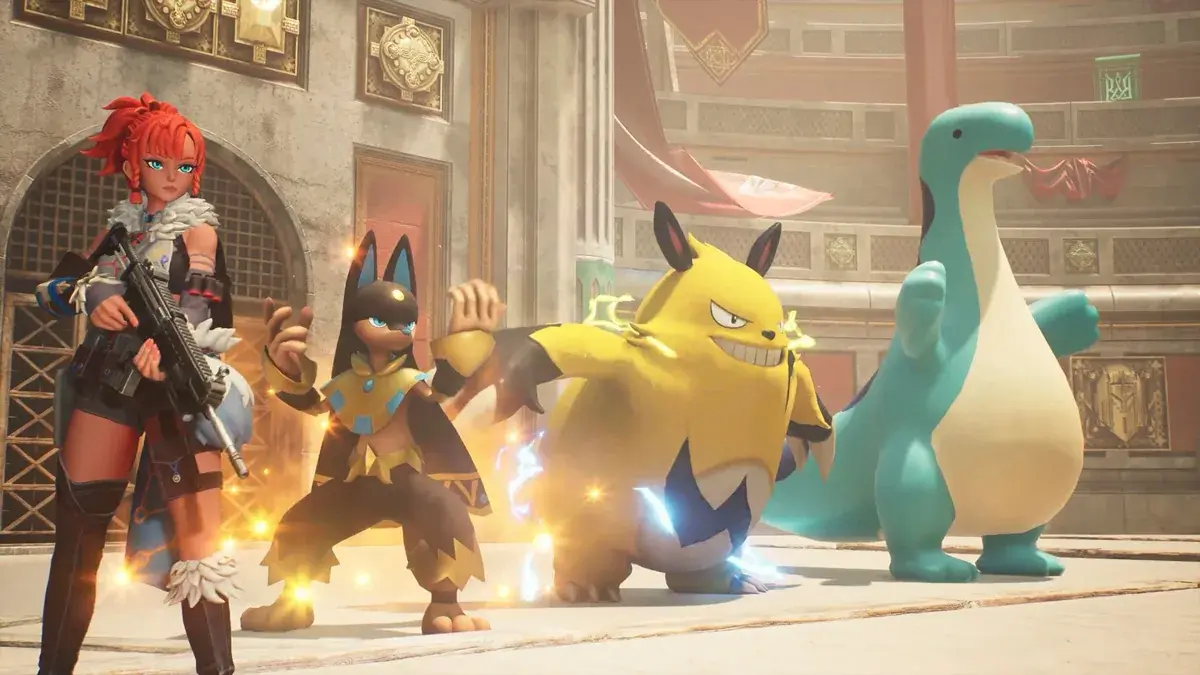Pocketpair, the Tokyo-based studio behind survival sensation Palworld, has publicly stated it will not publish games that use generative AI. The announcement addresses months of speculation about whether the company relied on AI tools during development.
During a recent interview with Game Developer, a Pocketpair representative confirmed the company’s stance while acknowledging the uphill battle they face. The team knows some players won’t believe them given the persistent accusations that have followed Palworld since its explosive launch in January 2024.
Palworld became one of the year’s biggest surprise hits, attracting tens of millions of players across Steam and Xbox platforms within weeks. The creature-collecting survival game drew immediate comparisons to Pokémon, prompting The Pokémon Company to announce it would investigate potential intellectual property concerns.
The skepticism runs deep
Pocketpair’s history complicates its new anti-AI stance. The studio previously released “AI: Art Impostor,” a party game entirely centered around identifying AI-generated images versus human-made art. The game remains available in early access on Steam.
Critics point to this title as evidence that Pocketpair has embraced AI technology in the past. The company maintains there’s a difference between making a game about AI and using AI to create game content.
Pocketpair has repeatedly denied using generative AI to create Palworld‘s assets, characters, or designs. The statement doesn’t clarify whether the policy applies only to content that ships in games or extends to internal development tools like code assistants.
Industry-wide AI scrutiny
Steam now requires developers to disclose when they use generative AI in their games. Valve’s platform allows AI-generated content provided creators can prove they have rights to the training data and final output. The policy aims to protect both developers and the platform from potential legal issues.
The gaming industry remains split on AI usage. Some studios have adopted strict guidelines or outright bans on generative art and audio tools, while others experiment with limited applications. Legal questions about training models on copyrighted material continue to fuel debate across the sector.

